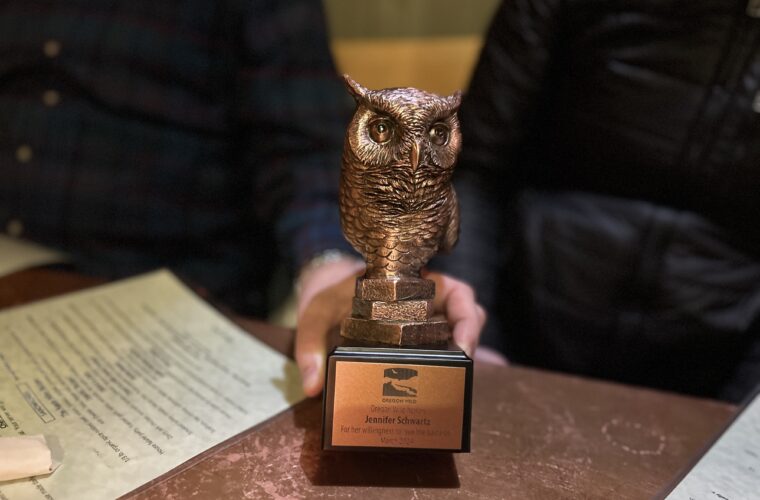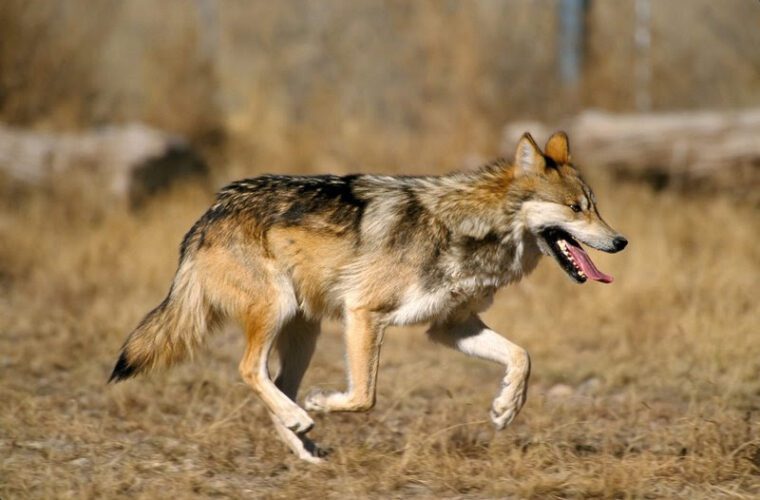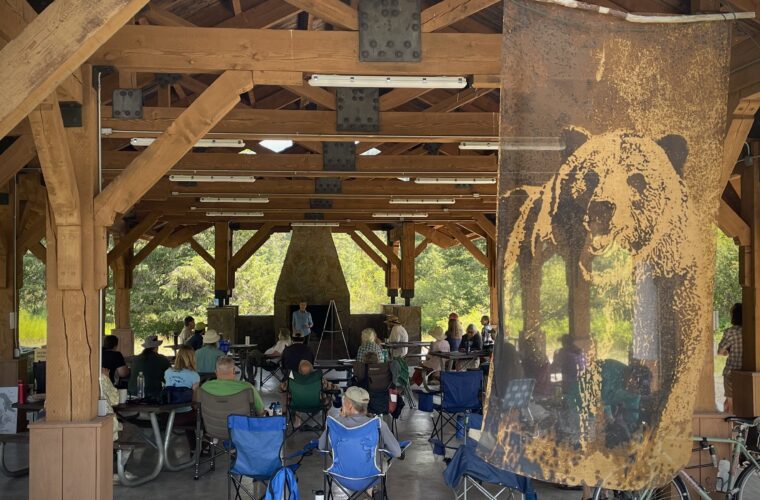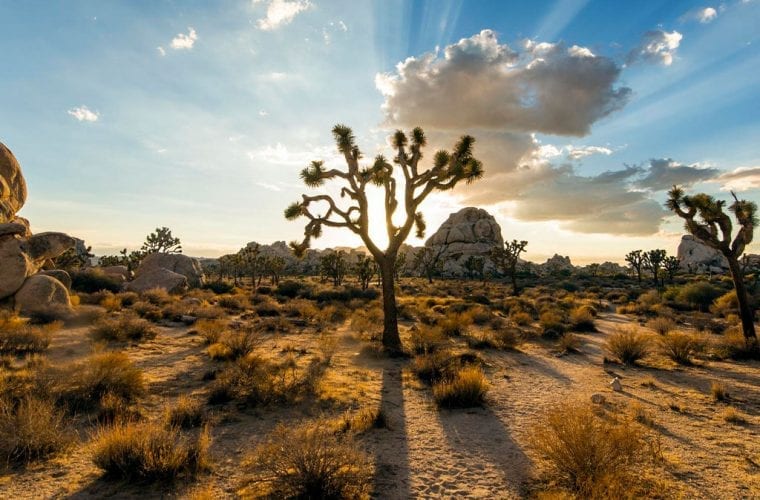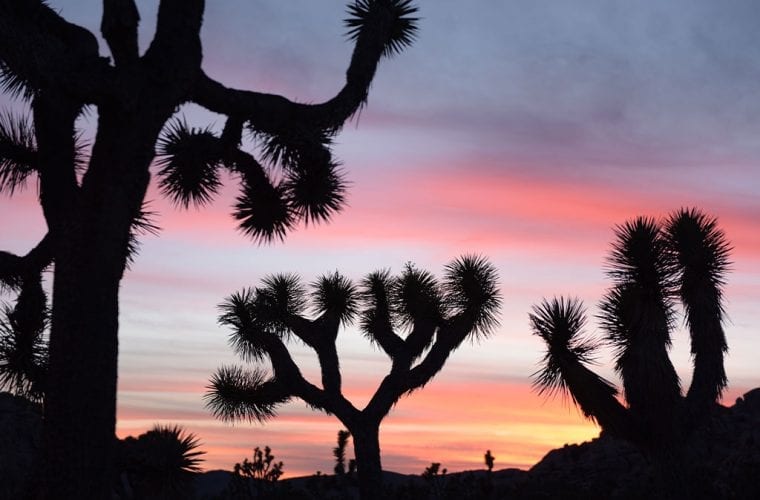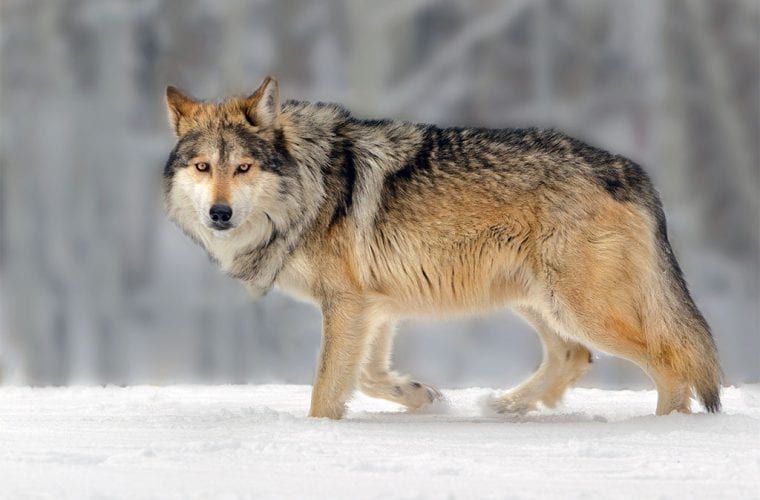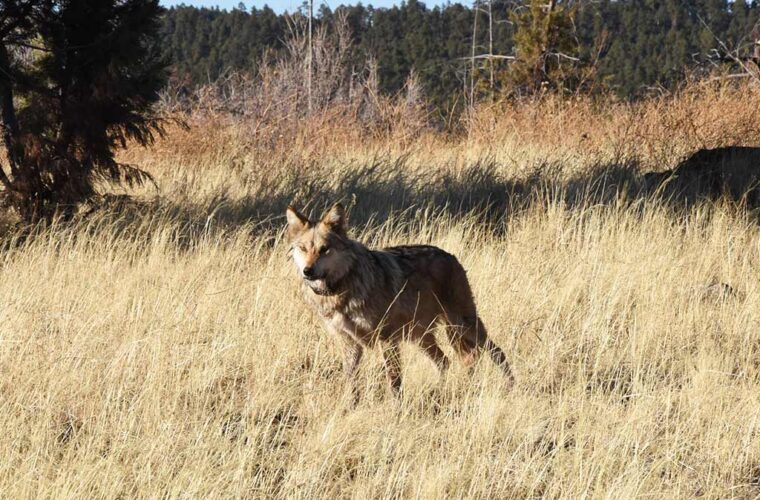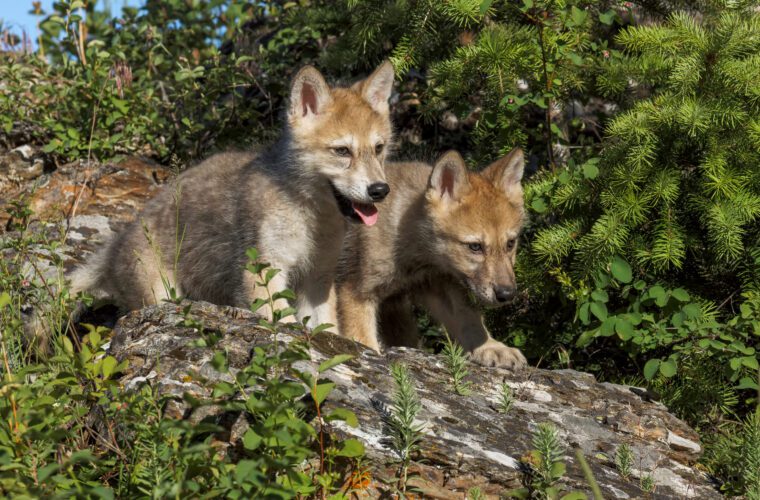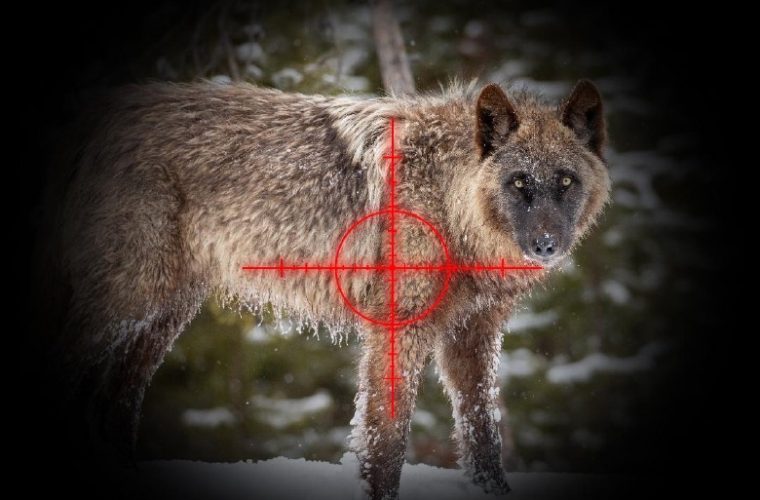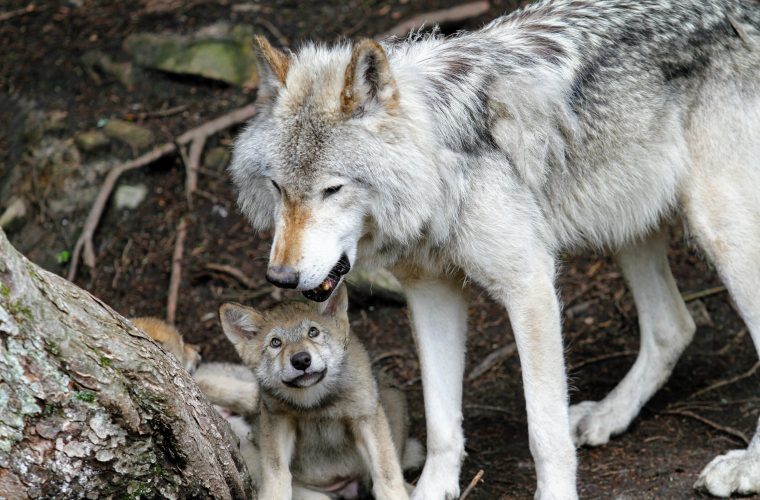Hashtag
#StopExtinction
-
WildEarth Guardians shines at annual Public Interest Environmental Law Conference
Read moreOur brilliant staff are leading the charge to protect wildlife, safeguard Western forests, and strengthen our movement
-
Speak up for Asha with a Letter to the Editor
Read moreTake the next step for lobos and write a letter to the editor
-
Grizzly guardians unite for coexistence at the Great Bear Campout
Read moreA collective roar for grizzly bears in the northern Rockies
-
The fate of threatened Joshua Tree in limbo due to government failure to do more
Read moreGuardians is forced to explore whether another round of litigation is needed
-
Nine reasons to save the Joshua tree
Read moreLearn what sets the iconic Joshua tree apart—and what you can do to save it
-
Wildness that wolves represent is undermined when they are not allowed to roam free
Read moreRestoring wildness means allowing wolves like Asha to roam free
-
Freedom to Roam – Asha’s Journey
Read moreThis is an important moment for Mexican wolf recovery and we must do what we can to protect lobos like her
-
Judge allows wolf trapping and hunting in Montana to resume
Read moreMontana’s effort to kill 40% of the state’s wolf population this winter moves forward, including near Yellowstone and Glacier national parks
-
One season, 456 dead wolves: that’s the reality in Montana right now
Read moreWildEarth Guardians and Project Coyote file new lawsuit to end wolf hunting and trapping in Montana
-
Guardians in court—again—to defend wolves, demand coexistence
Read moreWe were before the Ninth Circuit Court of Appeals to advance our fight to protect wolves on national forest lands in the Pacific Northwest
